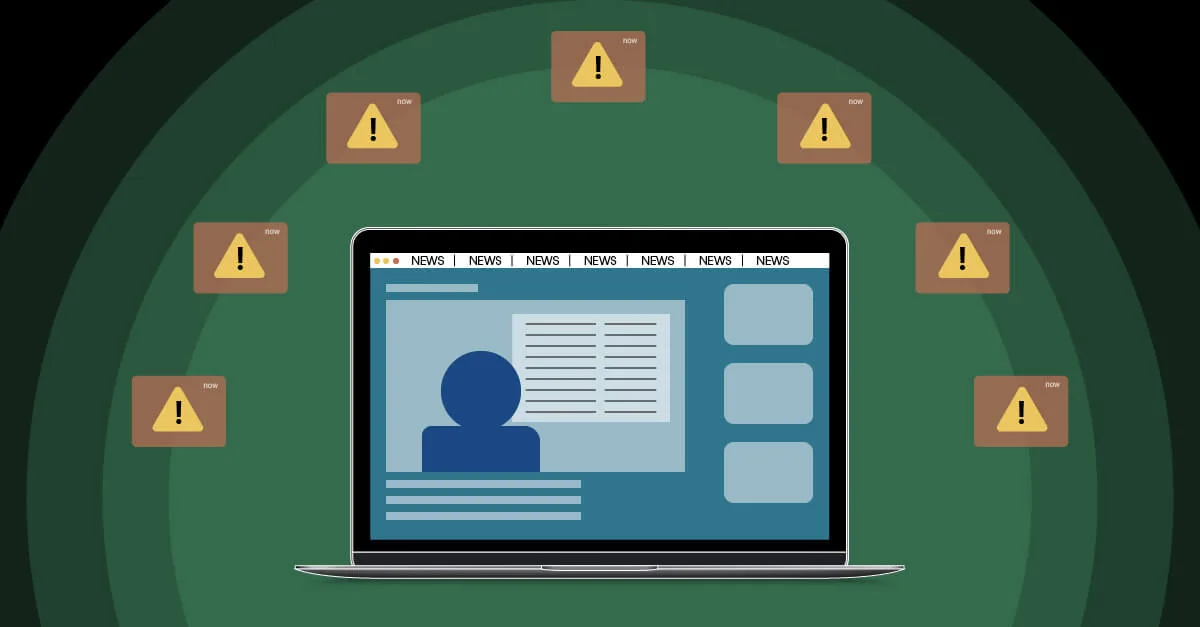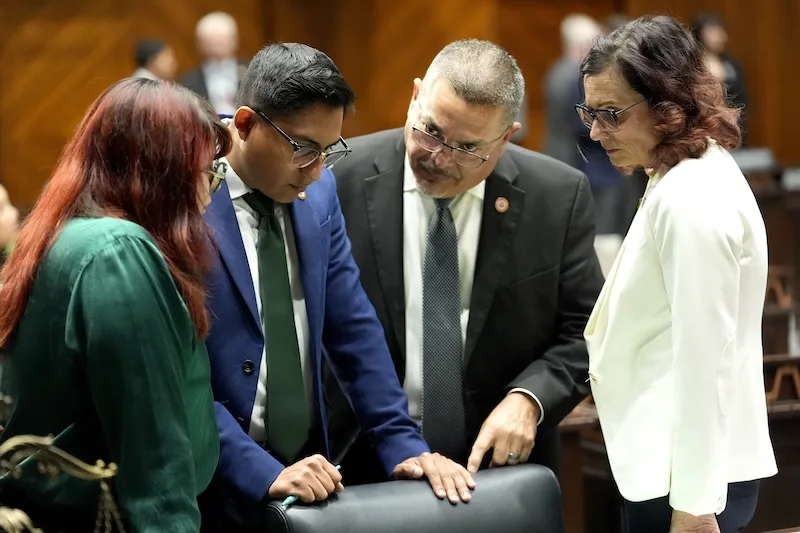
These three UArizona students have many more concerns related to the coronavirus pandemic than just classes moving online.
College students, who are normally under the high pressure of earning good grades while balancing jobs, extracurriculars, family life, and other stressors, now have the added headaches caused by the COVID-19 outbreak.
The University of Arizona, like most other universities in the U.S., has canceled in-person classes and events and moved what it can online. The school announced the decision to move classes online for a few weeks on March 11, when students were on spring break. A few days later, the university said online classes would last for the rest of the semester.
As a result, some students have been left scrambling to adapt to the change in learning, deal with losses of income, find new housing, and try to keep themselves and their families healthy through it all.
Here are three University of Arizona students’ stories:
Health at Risk
Eva Turner, a senior double major in PPEL (politics, philosophy, economics, and law) and Judaic studies, isn’t just worried about family members getting sick – her chronic illness is forcing her to take extra precautions to stay healthy.
Turner suffers from hypokalemic periodic paralysis, which means she loses all of her motor skills when her potassium levels drop. This can last for anywhere from 10 minutes to eight hours, three to five times a day.
“This is still going to be something very scary for everybody, but I think that I’m in a very unique situation where I am being forced to be acutely aware of the way that my body works and does not work right now,” she said.
Turner hasn’t wanted to move to Phoenix to wait out the outbreak with her family due to the risk of spreading it to her parents. But being alone in Tucson and not being able to pay high delivery fees means she has to go out and grocery shop for herself. She said she has to “glove up and do it,” and she carries hand sanitizer with her at all times.
“I’m pretty used to living with [hypokalemic periodic paralysis], but I’m not used to living with it with the added stress of a virus that is more contagious than the flu,” she said.
Dealing with her classes this semester has become low priority, she admitted. It’s especially difficult to stay motivated when graduation ceremonies have been canceled.
“It’s impossible right now,” she said. “I’m spending my time trying to talk to my parents and worrying about my younger sibling, and the fact that I’m not there is very stressful.”
While Turner said she lost two of her jobs as a freelance worship leader and musician as a result of the coronavirus outbreak, she is lucky enough that her parents are still employed and can help financially support her during this time.
In addition to her immediate family, Turner said she is also worried about her aunt who had cancer six months ago, and her grandmother who had a stroke three months ago. Turner said her uncle has been dropping off groceries outside her grandmother’s house in New York and keeping her company as best he can through a glass door.
“They’ll be able to wave at each other and talk through the door and see each other, which is nice for her,” Turner said.
She added, “Even though I’m not there, this has brought our family together, because we don’t know when we’re going to be able to see each other again.”
Future on Hold
Madeline Schepper, a senior studying early education, has no idea what her future holds, as all testing for certifications has been suspended and schools where she might teach are closed indefinitely.
She said her time as a third-grade student teacher at Borton Magnet Elementary School being cut short also makes it difficult to imagine entering the workforce.
“With student teaching especially, it’s a bunch of reflection, every day … on how a lesson went or how you could be doing better, and we’re missing out on that,” Schepper said. “We’re not getting that by just completing these assignments at home and not having that interaction with the classroom.”
While her family is in Flagstaff, Schepper said she had decided to stay in Tucson in case schools reopened and she could go back to student teaching. However, Gov. Doug Ducey announced Monday that schools, which had a tentative reopening date of April 10, would remain closed for the rest of the academic year.
Schepper said she and her mentor teacher have been working remotely to send activities home to kids to keep them busy and prevent them from losing what they’ve learned so far this year, but that has its difficulties.
“It’s been a challenge just trying to figure out how to provide enriching activities to kids who might not even have internet access or might have other siblings in the household who also need to do homework on the internet,” she said.
“Teachers are working their butts off right now trying to figure out how to go around that curve,” she added.
Schepper is also trying to provide emotional comfort to students who are adjusting to their new normal and has offered to video chat with them.
“One student cried. She misses her teachers. She misses going to class and learning, and it’s just heart-breaking because you want to be able to do something – but right now we don’t know what to do.”
Like Turner, Schepper said she is also disappointed she won’t be able to have a traditional graduation ceremony.
“I fell into a hole after graduation was canceled because all the motivation is just kind of gone,” she said. “I felt like something was taken from me. But I also completely understand why they had to cancel it. It just sucks.”
On-Campus Life Interrupted
Jessica Wille, a sophomore studying photography, doesn’t have to worry about graduation this semester. But she’s concerned about how much money she and her family have had to spend because of the outbreak.
Wille was visiting California on spring break when she received emails from the university telling her on-campus housing was closing and students should not return to campus. She left all of her things, including camera equipment and hundreds of dollars worth of film, in her dorm room and headed to Minnesota to wait out the outbreak with her family. The university moved everything in her room to storage, with Wille and her family paying about $1,000 for the cost.
And because her stuff is stuck in storage, Wille has had to spend money to replace it, including much of her clothing. She said by the time she can access her stuff again, she expects her film will be exposed – meaning hundreds more dollars going to waste.
She’s also concerned with how much her family is losing out on when it comes to her housing.
“For my parents, it’s really frustrating because they spent so much money,” she said. “I was in one of the nicer dorms, so it was more expensive than an apartment, and so now [the school] is only giving a certain amount of money back to the families. And it’s kind of like, why wouldn’t you just reimburse everyone for the exact amount they paid for?”
Wille’s family’s income has also been affected. Her dad, a realtor, has not been able to show houses. Wille said she usually works in retail when she goes home on break, but she’s been told not to apply as her coworkers are being scheduled for reduced hours.
She said it’s difficult to continue on with classes with all of these other worries, especially because of how limited they are now.
“Not being able to go outside and take photos all the time, that’s like the main focus of what we’re supposed to be doing, and we can’t really even do that,” she said. “So it’s kind of like, how are we supposed to finish a class super strong when we can’t always leave our houses?”
Wille said it’s also difficult not being able to meet for in-person office hours or study groups, as well as having to give presentations about photographs over video chat.
“People can’t actually look at your work in detail because it’s over a small computer screen,” she said.
Wille isn’t the only one in her family stressing over school. Her brother is getting a graduate degree in China, and he was forced to return to the U.S. in January as the coronavirus outbreak was beginning. He is still working on his thesis, but is unsure if he will be able to graduate this year.
Despite the difficulties at this time, Wille said she and her family are most focused on keeping her father healthy.
“My dad had open-heart surgery like two years ago and he’s already had like three viruses,” she said. “So if he gets it, he might not survive it because he’s been through a lot already; that’s mainly the reason we’re not going outside.”
Politics

Trump says he’s pro-worker. His record says otherwise.
During his time on the campaign trail, Donald Trump has sought to refashion his record and image as being a pro-worker candidate—one that wants to...

VIDEO: Hundreds show up in Scottsdale to support reproductive rights
@coppercourier Days after the Arizona Supreme Court ruled to enforce a long-dormant law that bans nearly all abortions, hundreds took part in a...
Local News

What to know about Trump’s legal issues
Over the past year, former president Donald Trump has become the center of not one, not two, not three, but four criminal investigations, at both...

Democrats clear path to bring proposed repeal of Arizona’s near-total abortion ban to a vote
Democrats in the Arizona Senate cleared a path to bring a proposed repeal of the state's near-total ban on abortions to a vote after the state's...





